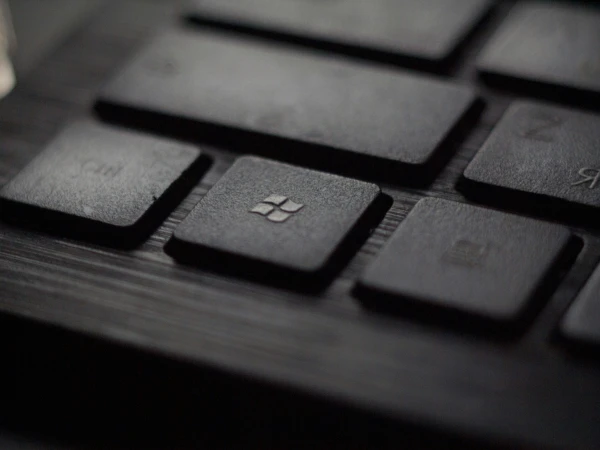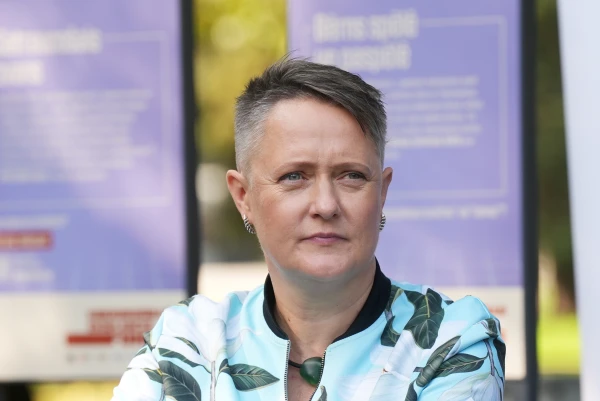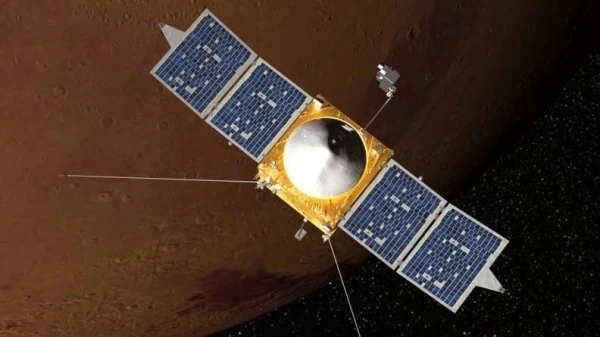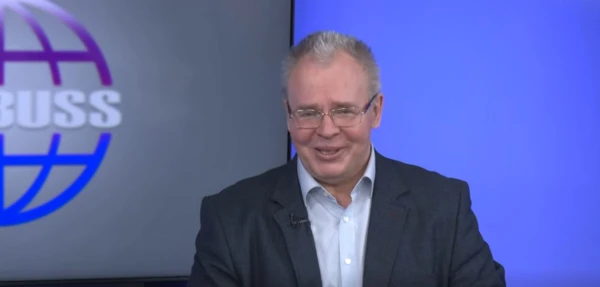
As of October 14, Microsoft is ending support for the 'Windows 10' operating system, making millions of computers vulnerable to attacks, reports the portal nra.lv citing BBC.
Starting Tuesday, devices running 'Windows 10' will no longer receive critical security updates, increasing the risk of virus infections and cyberattacks. Microsoft is offering users a free upgrade to 'Windows 11', but not all computers meet the requirements for installing the new OS.
About 43% of all computers worldwide still run 'Windows 10' — that's hundreds of millions of devices. In the UK, according to the consumer portal Which?, around 21 million users continue to use this system. Approximately a quarter of those surveyed plan to remain on 'Windows 10' even after official support ends.
Experts and advocates criticize the decision to end support, pointing out that it will force people to spend money on new devices and increase electronic waste.
Options for Users:
- Free upgrade to 'Windows 11' (if the device is supported).
- Subscription for Extended Security Updates (ESU) for 12 months:
- Free — if the latest version of 'Windows 10' is installed, a Microsoft account is available, and active backup of settings is in place.
- Paid — $30 or 1000 Microsoft Rewards points.
- For businesses — starting at $61 per device (depending on the region).
Since its release in 2015, 'Windows 10' has been regularly updated: bugs were fixed, vulnerabilities addressed, and features added. However, with the transition to 'Windows 11', Microsoft has made it more complicated to use the system without an account, which is now mandatory even for extending support for 'Windows 10'. Some users refuse this for privacy reasons.
The end of support makes devices more vulnerable to viruses and malware. In recent months, the number of major cyberattacks has sharply increased — especially in retail, automotive, and other sectors.
For companies, using unsupported software can also create compliance issues. Some programs may soon lose functionality if developers stop releasing updates for outdated systems.
Users need to decide in advance whether to upgrade to 'Windows 11' or subscribe to extended updates to ensure the security of their data. Ignoring this could lead to data loss and failures in critical applications.













